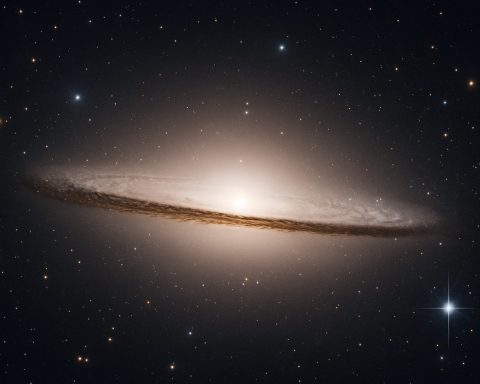Planets - Page 88
Planets are celestial bodies that orbit a star, such as the Sun, and are typically large enough for their gravity to shape them into a nearly round form. They do not produce their own light but reflect the light of their star. In our solar system, planets are classified into two main categories: terrestrial planets, which are rocky and include Mercury, Venus, Earth, and Mars; and gas giants, which are larger, have thick atmospheres primarily composed of gases, and include Jupiter and Saturn, as well as ice giants like Uranus and Neptune. Planets differ from other celestial objects, such as moons (which orbit planets) and asteroids, primarily in their characteristics, size, and orbital behavior. The study of planets, including their composition, atmospheres, and potential for hosting life, is a significant aspect of astronomy and planetary science.



















